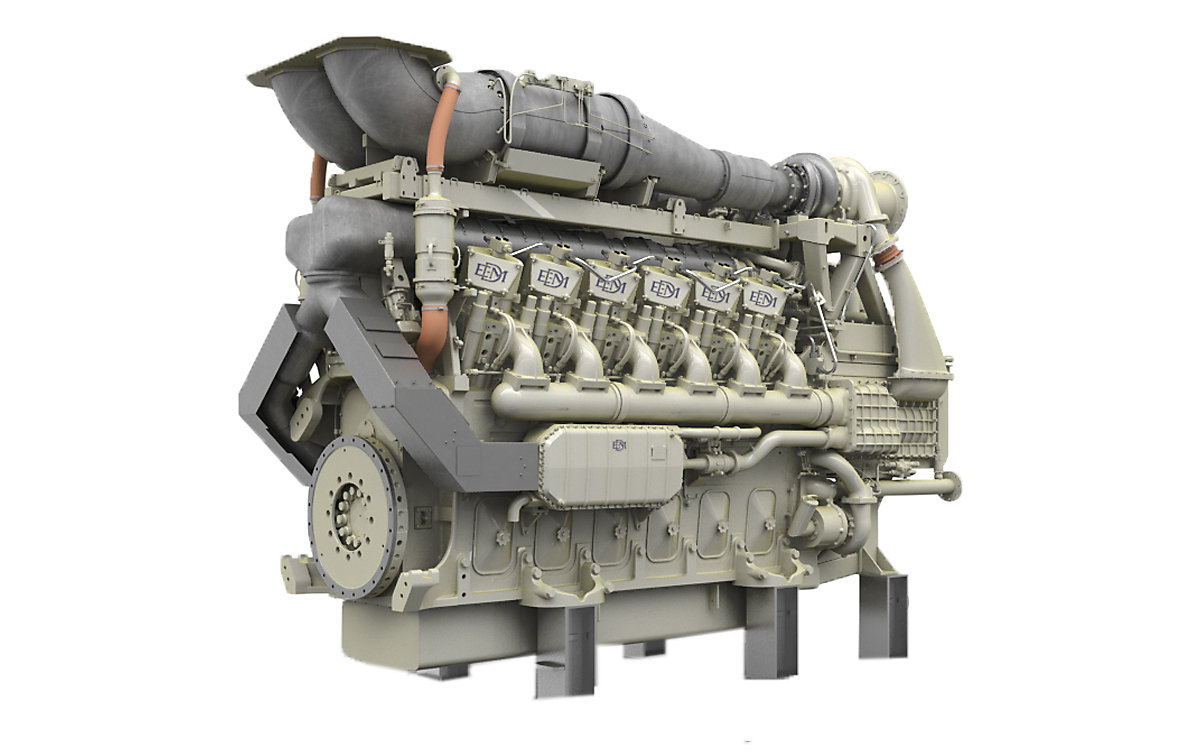A Complete Guide to Selecting the Right Engine for Your Job
Choosing the ideal engine for your job is an essential decision that can significantly influence its overall success. It is vital to meticulously specify your job needs, review performance requirements, and take into consideration user-friendliness together with other important factors. Additionally, comprehending the neighborhood assistance available and scrutinizing price effects can even more refine your option. Each of these elements plays a pivotal function in guaranteeing that your chosen engine not just satisfies immediate purposes but likewise straightens with lasting aspirations. As we discover these considerations, you may locate that the subtleties of each aspect expose greater than at first prepared for.
Define Your Project Requirements
Specifying your project needs is an important action in picking the appropriate engine for effective application. An extensive understanding of your job's objectives will lead you in identifying the attributes and abilities called for from an engine. Begin by detailing the scope of your project, including the preferred capability, target audience, and the particular end results you intend to achieve.
Following, take into consideration the technical demands that align with your job objectives. This consists of evaluating the compatibility of the engine with existing systems, in addition to the programs languages and structures that will certainly be used. Additionally, examine the degree of scalability required to accommodate future growth or adjustments sought after.
Budget restrictions likewise play a crucial role in specifying your project needs. Develop a clear financial framework to guide your decision-making procedure, guaranteeing that the engine selected fits within your budget while supplying the necessary performance.
Evaluate Performance Needs

Next, take into consideration the scalability of the engine. Examine whether it can manage increased work as your task grows. Engines that sustain horizontal scaling are usually better for larger applications. Furthermore, examine the engine's efficiency under different conditions, such as peak usage situations, to guarantee it satisfies your integrity requirements.
Think About Convenience of Usage
While technical specs are crucial, the ease of use of an engine can substantially influence the growth process and overall project success. An intuitive interface, clear paperwork, and structured operations can dramatically decrease the knowing contour for developers, enabling them to focus on creativity and analytical instead of coming to grips with complex tools.
When assessing top article an engine's simplicity of use, consider the onboarding experience. A well-structured introduction, complete with tutorials and example tasks, can promote a smoother change for brand-new individuals. Furthermore, the clearness and comprehensiveness of the engine's documentation play a crucial role; comprehensive overviews and API recommendations can equip developers to repair and carry out attributes effectively.
An engine that permits for simple alterations can be much more user-friendly, as programmers can tailor it to fit their particular demands without considerable trouble. Inevitably, selecting an engine that prioritizes convenience of use can lead to a much more enjoyable and efficient growth experience.
Assess Community and Support
The strength of an engine's community and support network can considerably influence a developer's experience and success. When examining an engine, think about the size and task level of its community.
Additionally, examine the accessibility of official assistance channels. Trustworthy documentation, receptive customer support, and regular updates are essential for resolving technological find here concerns and keeping your task on the right track. Engines For Africa. Energetic neighborhoods also cultivate collaboration, giving chances for networking and responses, which can be invaluable, especially for little groups or independent developers
In addition, explore the existence of community-run occasions, such as meetups or hackathons. These celebrations can enrich your understanding of the engine while linking you with knowledgeable users and possible partners. In recap, a robust community and support group not just enhance development however also develop an environment for finding out and advancement, inevitably enhancing the possibility of your project's success.
Compare Price and Licensing Alternatives
Budget plan factors to consider play an essential function in picking the best engine for your job, as the expense and licensing alternatives can substantially influence both temporary expenditures and long-term practicality. Engines For Africa. Different engines offer varying prices frameworks, which can include one-time purchase fees, subscription versions, or revenue-sharing contracts based on your project's revenues

Accrediting alternatives also differ significantly. Some engines are open-source, using flexibility and community-driven assistance, while others might need exclusive licenses that limit use and distribution. Recognizing the implications imp source of each licensing model is vital, as it influences ownership rights, future scalability, and potential legal commitments.
Final Thought
Finally, selecting the ideal engine for a job requires an extensive assessment of specified job needs, performance needs, ease of usage, community assistance, and price considerations. By methodically attending to these critical factors, decision-makers can make sure placement with both current and future task needs. A well-informed selection eventually improves the chance of project success, allowing efficient source appropriation and making best use of prospective results within the defined budgetary restraints.
Choosing the suitable engine for your job is a vital decision that can significantly affect its general success.Defining your task needs is an essential step in picking the appropriate engine for successful implementation. A detailed understanding of your project's objectives will certainly guide you in determining the abilities and functions called for from an engine.As soon as you have a clear understanding of your task needs, the next step is to review the performance demands of the engine.In final thought, selecting the ideal engine for a job requires a complete analysis of defined project needs, efficiency demands, convenience of usage, neighborhood support, and cost considerations.